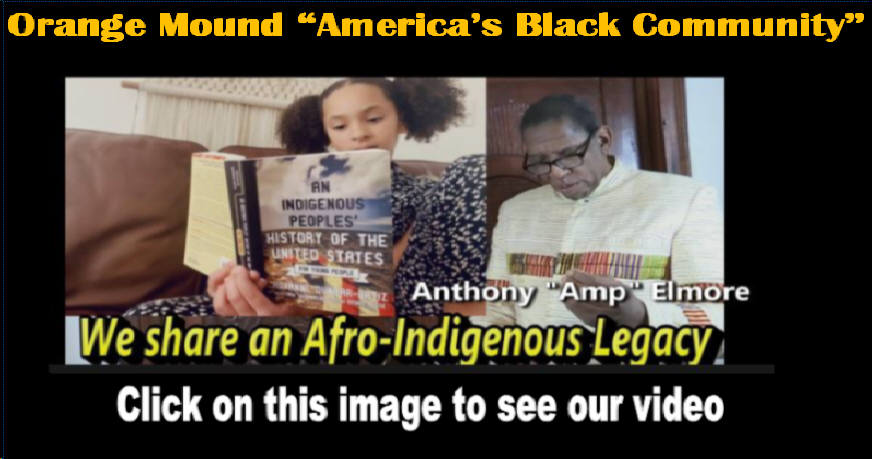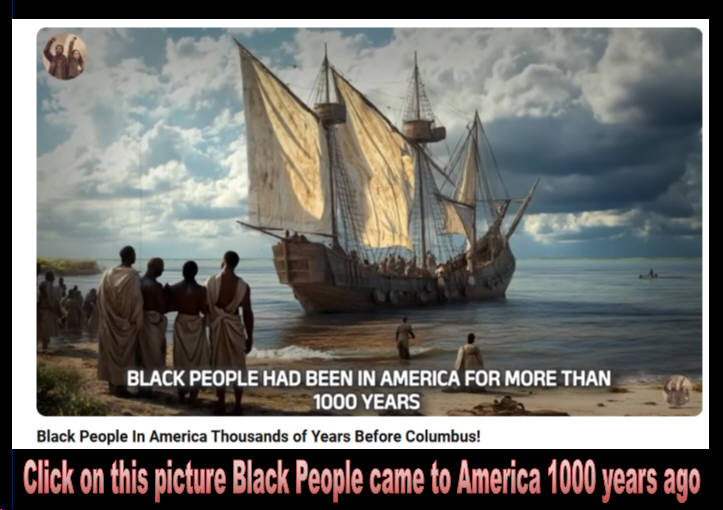Orange Mound: America's Black Community
A Rich Afro-Indigenous Heritage
Orange Mound holds a unique and profound place in American history. While there is no written record of when the term "Orange Mound" was first used, it is believed to have deep roots in the Afro-Indigenous ancestry of the community. This term reflects the presence and contributions of Black Native Americans who were in the area long before European settlers arrived.
In the late 19th century, the community began to take shape, marked by the establishment of institutions such as Mt. Moriah Baptist Church. Organized in 1879, the church purchased its current location on Carnes Avenue in 1883 seven years before Eugene Meacham bought land from Mattie Deaderick. This historical fact suggests that Black residents were already acquiring land and establishing themselves in the area well before the formal development by Meacham.
The Evolution of Orange Mound
During the Yellow Fever epidemic of 1878, a significant portion of Memphis' white population fled the city, leaving behind a predominantly Black community. This exodus created opportunities for African Americans to purchase land and build a thriving community. The narrative that the name "Orange Mound" is tied to the Osage Orange trees planted on the Deaderick plantation is one perspective, but the deeper, more meaningful connection is to the Afro-Indigenous heritage of the area.
A Community of Cultural and Spiritual Strength
Orange Mound is characterized by its strong cultural and spiritual roots. The community is home to two historically significant Black churches, established in 1879, and boasts six churches that are over 100 years old—more than any other community in America. The first Melrose School, founded in 1890, remains a source of pride, reflecting the community's long-standing commitment to education.
Distinctive Cultural Markers
Traditional Black communities are What sets Orange Mound apart is its claim to often identified by certain cultural markers, and Orange Mound is no exception. The area is dotted with numerous churches, Black barber and beauty shops, and used tire shops, all of which serve as vital social and economic hubs. These establishments not only provide essential services but also act as gathering places where community bonds are strengthened and cultural traditions are preserved.
A Broader Perspective
broader perspective of heritage. The connection to the term "Mound" highlights the community's ties to the Afro-Indigenous Mound Builders, who were present in America long before slavery. This deeper history places Orange Mound in a unique position as a community that honors both its African and Native American roots.
Celebrating Orange Mound's Legacy
The Birthplace of African Cultural Diplomacy
Orange Mound has earned its place in history as the birthplace of African cultural diplomacy. Through initiatives like the Orange Mound News Network, the community continues to promote and preserve its rich cultural heritage. By educating others about the significance of Afro-Indigenous history, Orange Mound serves as a beacon of Black excellence and resilience.
Pioneers in Independent Filmmaking
Anthony "Amp" Elmore, a pioneering figure in independent theatrical filmmaking, hails from Orange Mound. His work includes producing the first kickboxing film in American film history, showcasing the dynamic sport and its cultural relevance. These achievements highlight the creative and intellectual capabilities of the community, challenging stereotypes and inspiring future generations.
Conclusion
Orange Mound stands as a testament to the enduring spirit and rich heritage of America's Black community. Unlike Harlem, which has seen significant demographic changes, Orange Mound remains a stronghold of Black culture and history. By recognizing and celebrating its Afro-Indigenous roots, the community offers a broader, more inclusive perspective on its identity and significance.
We invite you to explore this dynamic and historically rich community, learn about its contributions, and join us in celebrating Orange Mound as America's Black Community.

